Sustainability / Articles
Washing with decarbonization: how to do it efficiently
The secret to a safer, more efficient washing? Decarbonization. Learn what it is and why it is essential for your business.
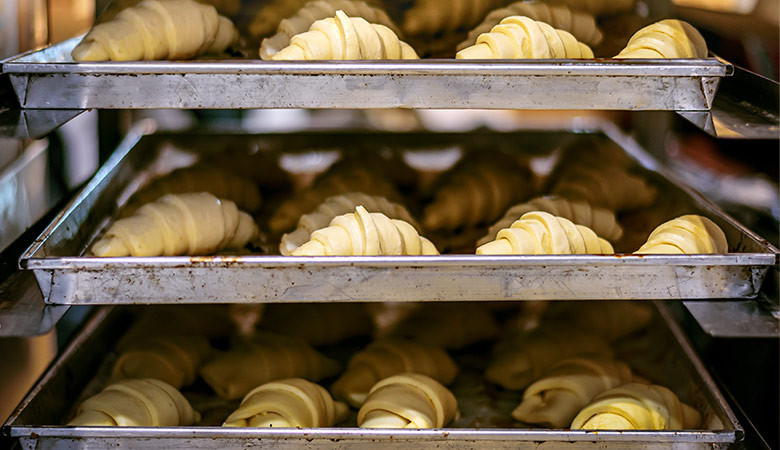
 8 minutes of reading
8 minutes of reading
2021-07-27 10:00:00
Nothing says "health hazard" like carbonized grease caked on your trays, utensils, and grills. That’s exactly what decarbonization was made to fix – keeping your food safe, your facilities running, and your team working faster. Discover why decarbonizing is the washing hack you didn’t know you needed, and how to do it efficiently.
What is decarbonization applied to industrial washing?
Decarbonization in industrial washing refers to the removal or reduction of grease, carbon, and coal residues that build up on the surfaces of equipment and tools exposed to high temperatures — from pans and trays to trolleys, filters, and metal parts. These carbonized layers aren't just unsightly; they compromise hygiene standards, damage materials over time, and pose real risks to both product quality and human health.
While especially critical in food production, decarbonization is essential across many industrial sectors where heat, combustion, or processing operations lead to stubborn residue build-up — including manufacturing, pharmaceuticals, and cosmetics.
It’s important to clarify that decarbonization in industrial washing is different from the sustainability-focused decarbonization. In this context, we’re talking about getting rid of the stubborn residues left behind from cooking or heating processes. These residues, while harmful to human health, are removed to ensure food safety and sanitation. When we talk about decarbonization for sustainability, we’re focusing on reducing carbon emissions and shifting to renewable energy sources to combat climate change.
What are the advantages of washing with decarbonization?
Decarbonization is a performance shift. It allows sectors as food production, pharmaceutical processing, cosmetics manufacturing or any high-demand industrial setting, to remove stubborn residues and maintain operations cleaner, safer and more efficiently.
It keeps your operations safe — and compliant
Carbonized residues and grease are the perfect hiding places for bacteria and contaminants. Decarbonization helps eliminate these risks, ensuring safer processes and supporting compliance with industry hygiene standards.
Your equipment performs better — and lasts longer
From trays and filters to tools and carts, washed equipment works more efficiently. And by removing build-up, you reduce wear and tear — helping avoid premature replacements and unscheduled downtimes.
It makes hygiene visible
There’s no faking a proper wash. When equipment is decarbonized, it shows. It sends a clear message: you take hygiene and safety seriously, every day — not just when there’s an inspection around the corner.
Your teams work smarter — and safer
No one wants to work with greasy surfaces, smoky chambers or sticky utensils. Washed tools and equipment reduce accident risks, support better workflows, and contribute to a more professional, pleasant environment.
It protects product integrity across industries
Whether it's food, cosmetics, or pharma, residues can affect product quality — from taste and smell to texture or chemical stability. Decarbonization helps ensure every product comes out exactly as it should: uncontaminated, compliant, and high-quality.
Which utensils should be washed with decarbonization?
If it faces heat, grease, or time — it needs decarbonization.
1. Trays
From bakery trays to industrial drying racks, they attract all kinds of residues — fats, sugars, chemicals, oils. Left untreated, these build up into hardened layers that are hard to clean and easy to overlook. Decarbonization removes it all in one go — no scrubbing, no residue, no compromises.
2. Moulds and forms
Used in food, pharma or cosmetics, molds are especially sensitive to residue. Even a slight buildup can affect shape, consistency, and hygiene. With decarbonized washing, you keep production standards high and waste low.
3. Grills and grates
They may live in kitchens, but also in other heat-intensive processes. These are classic grease traps — and the more they're used, the more dangerous the buildup becomes. Decarbonization ensures these surfaces are safe, functional, and clean down to the last corner.
4. Pans, casseroles and containers
Whatever you heat in them — sauces, compounds, resins or ingredients — will eventually leave its mark. That carbonised layer messes with results and wears down your equipment. Decarbonize and restore both performance and safety.
5. Baking sheets and precision trays
Whether you're baking pastries or drying tablets, sheet hygiene is non-negotiable. Any trace of sugar, oil or product can lead to rejects. A washed sheet keeps consistency high and production waste low.
6. Racks, holders and internal machine parts
Even the things that hold or support your tools deserve a proper wash. These “background” items still collect heat, grease and dust. With decarbonized washing, your equipment runs smoother, safer and more efficiently, from the inside out.
Decarbonizing with MultiWasher
If there’s heat, there’s carbon. And if there’s carbon, it needs to go.
In industrial environments, the accumulation of carbonized grease and other residues can’t be ignored. Without the right solution, these stubborn contaminants can compromise both the quality of your product and the safety of your operation. That’s where MultiWasher steps in.
- Total decarbonization, every time. The MultiWasher decarbonizes. By breaking down stubborn carbon and grease that build up on utensils like grills, trays, and casseroles, it ensures thorough washing every single time, leaving your tools spotless and safe.
- Efficiency at its core. What sets MultiWasher apart is its energy- and water-saving capabilities. With this advanced system, you use significantly less water and energy than with traditional washing methods. This lowers operational costs and reduces your environmental footprint. Plus, the detergent consumption is optimized, cutting down on chemical use, making it both a cost-effective and eco-friendly solution.
- Fully automated for consistency. The process of decarbonizing in a busy environment can be time-consuming and labour-intensive if done manually. With MultiWasher, decarbonization is completely automated. This frees up time for your team and ensures consistent, repeatable results that meet your hygiene standards every time.
- Safe and reliable. Safety is always a top priority, and MultiWasher provides just that. It’s designed to handle tough residues safely, without damaging your utensils or requiring harsh chemicals. It reduces the risk of accidents in your facilities while maintaining the durability of your equipment.
By choosing MultiWasher, you’re getting a high-performance decarbonization solution that streamlines your washing processes, boosts food safety, and extends the life of your utensils. This level of precision and performance is unmatched.
Want to see it in action? Schedule a personalized webinar with our team, or reach out for more information on how MultiWasher can update your kitchen operations.
You may also like

Sustainability / Articles
Washing with decarbonization: how to do it efficiently
The secret to a safer, more efficient washing? Decarbonization. Learn what it is and why it is essential for your business.
Posted in 2021-07-27
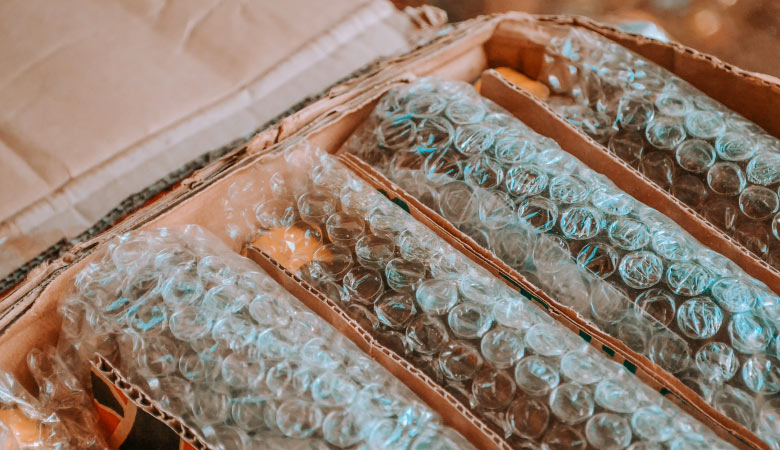
Sustainability / Articles
Sustainable packaging: 5 steps to make the switch
Plastic production is on the rise despite increasing environmental concerns. These are 5 key steps to make the switch to sustainable packaging.
Posted in 2022-07-14

Sustainability / Articles
“No two MultiWashers are the same”
As a pro athlete, Carina Robaina is used to big challenges. Now, Somengil’s after-sales manager explains how to achieve sustainability goals.
Posted in 2022-09-29
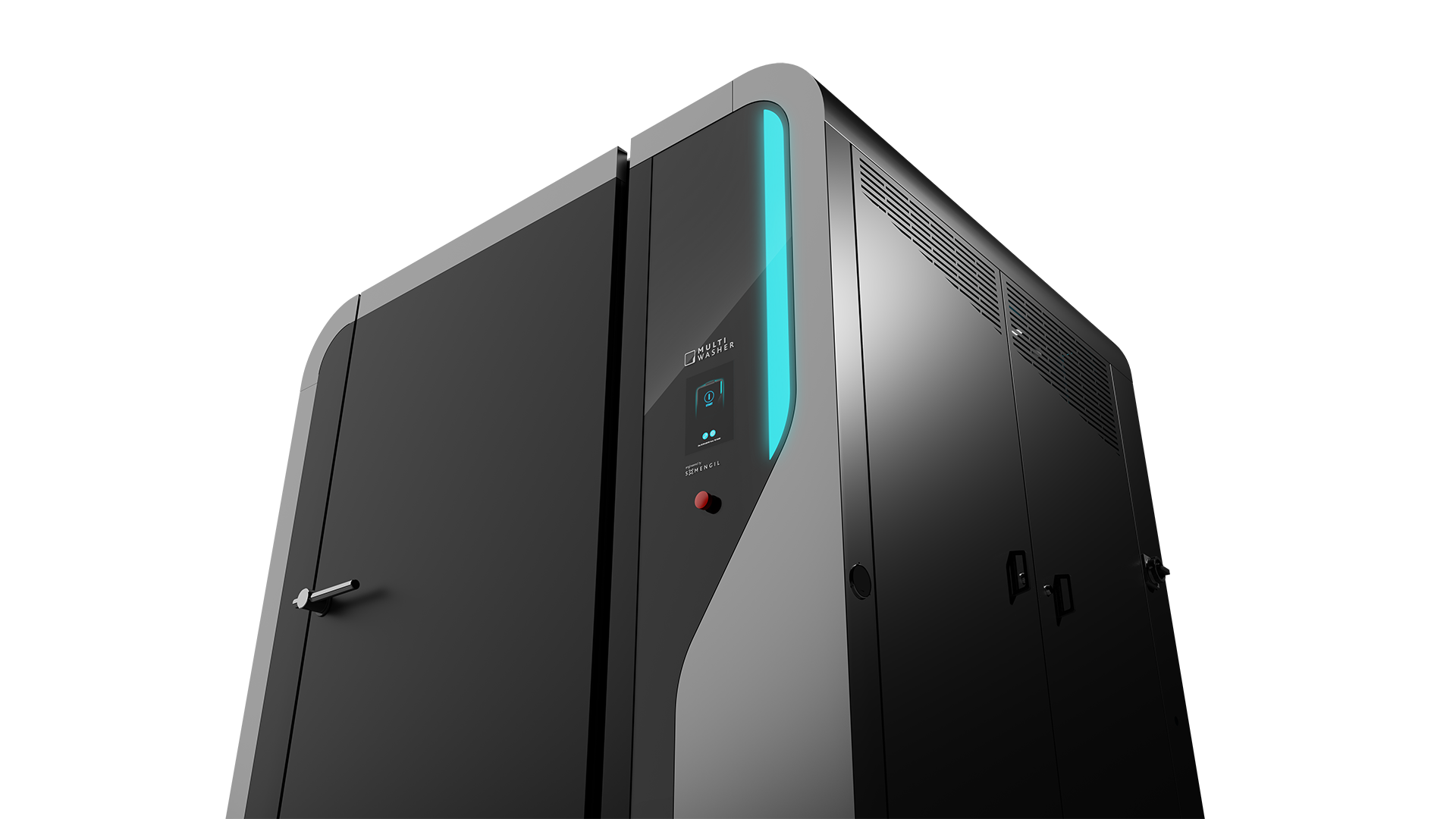
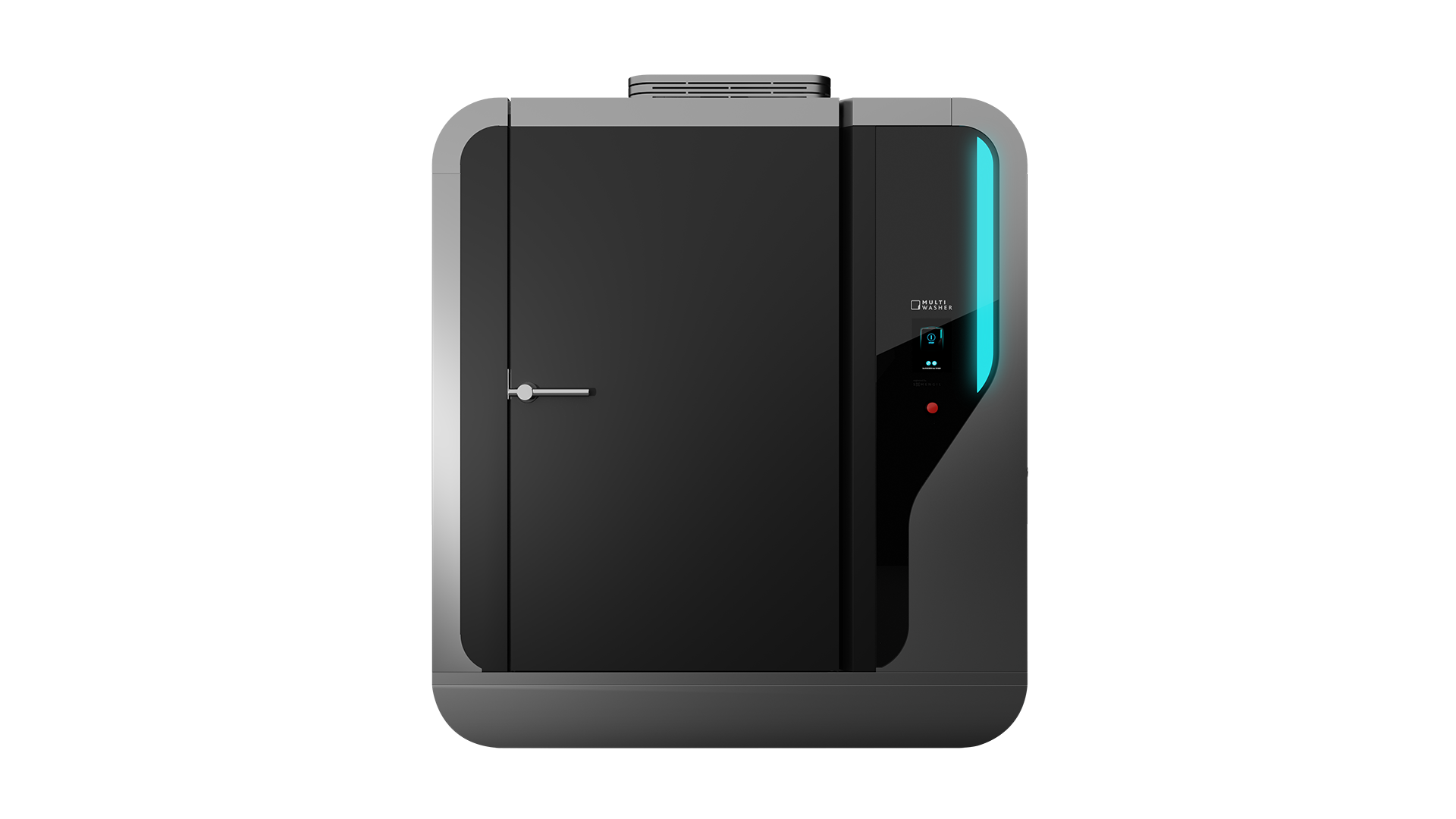
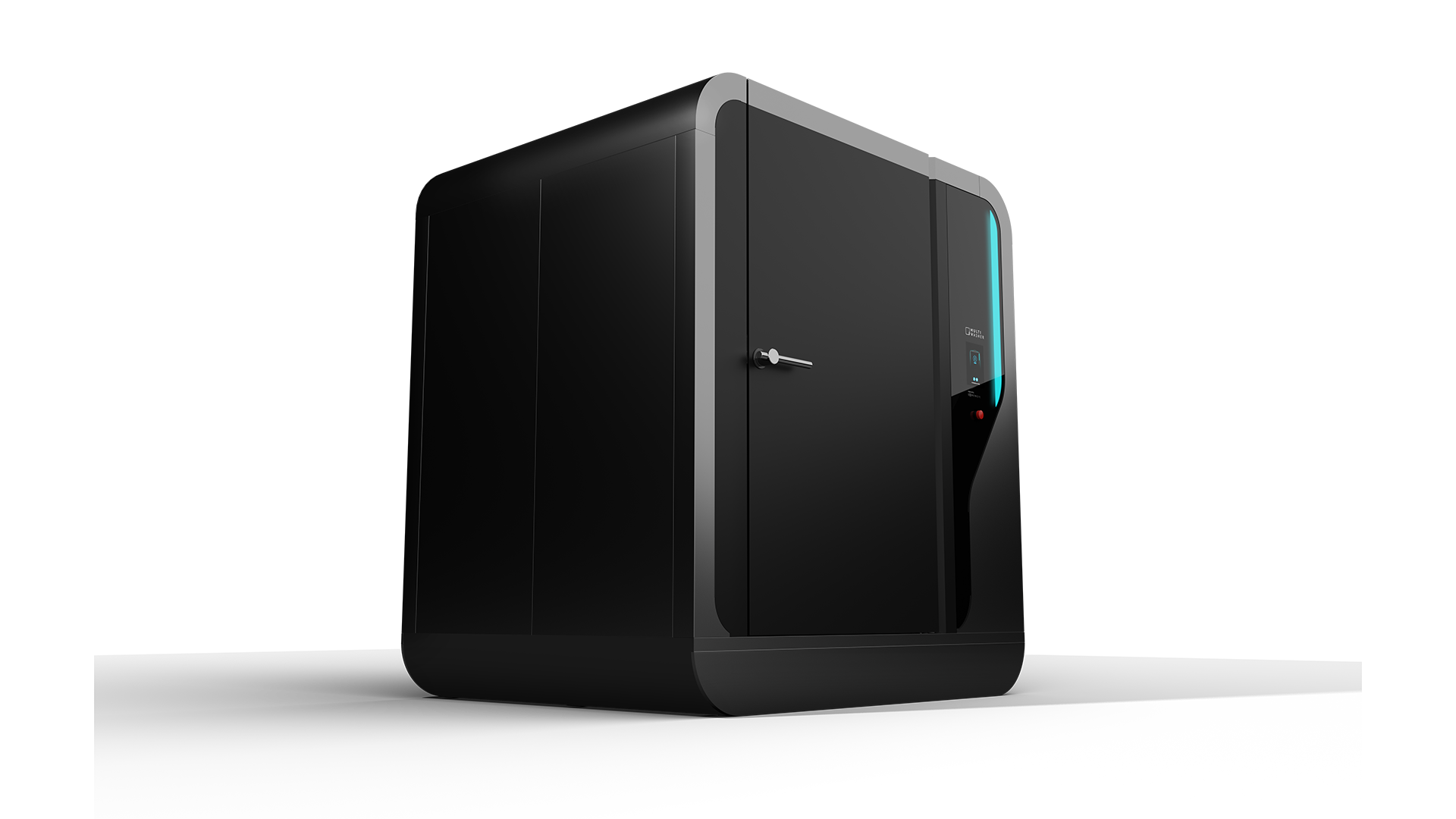
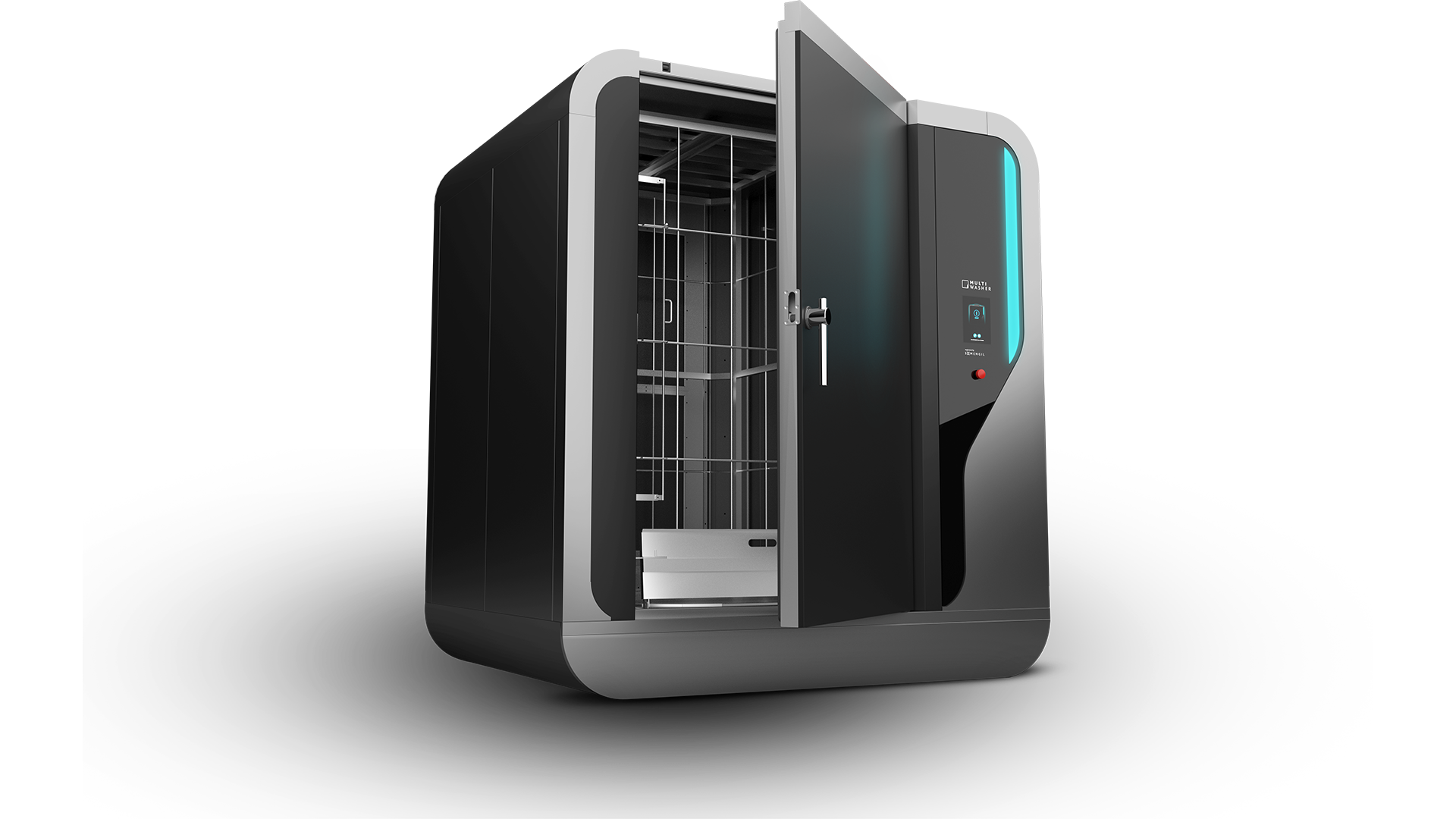
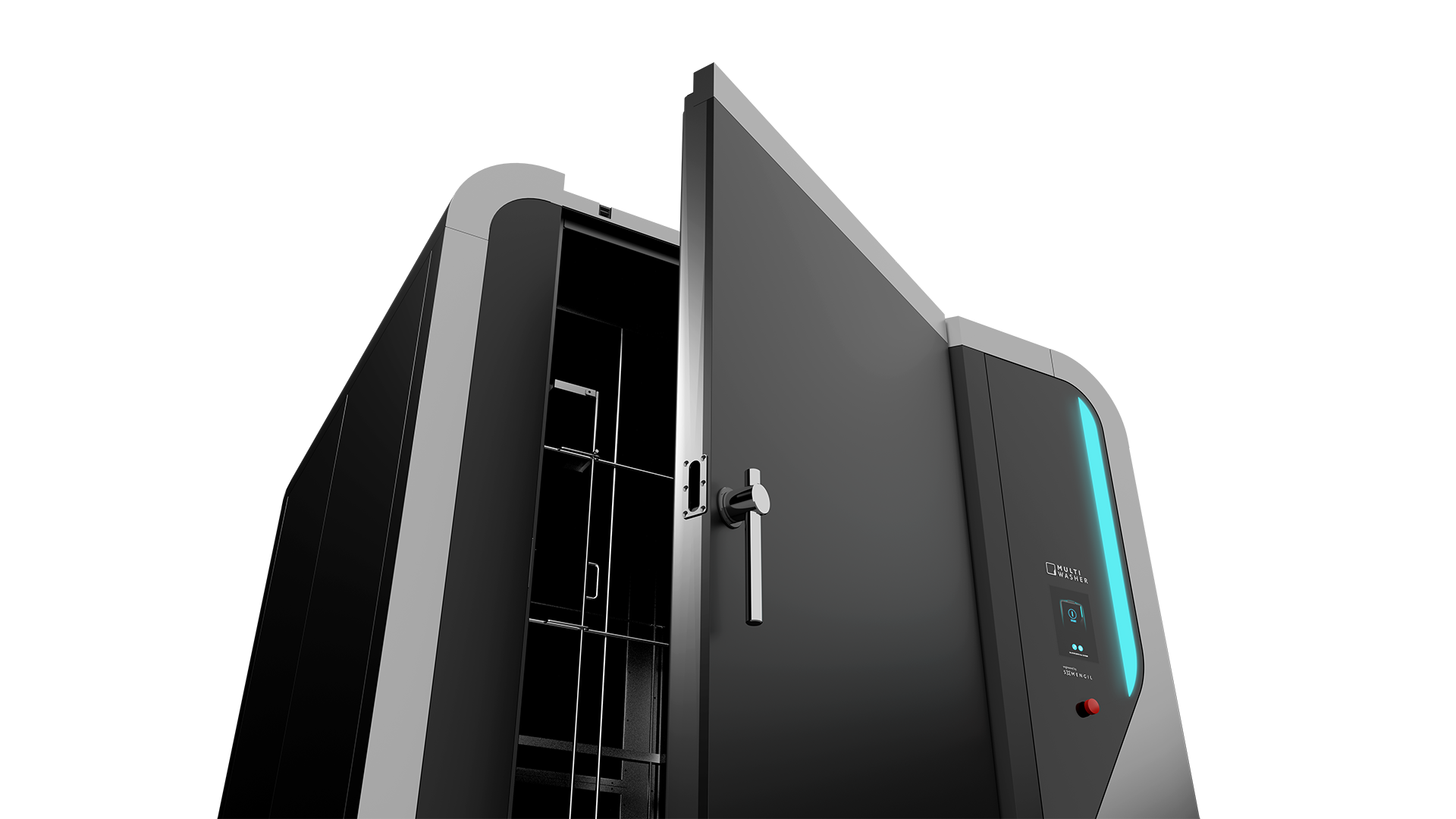
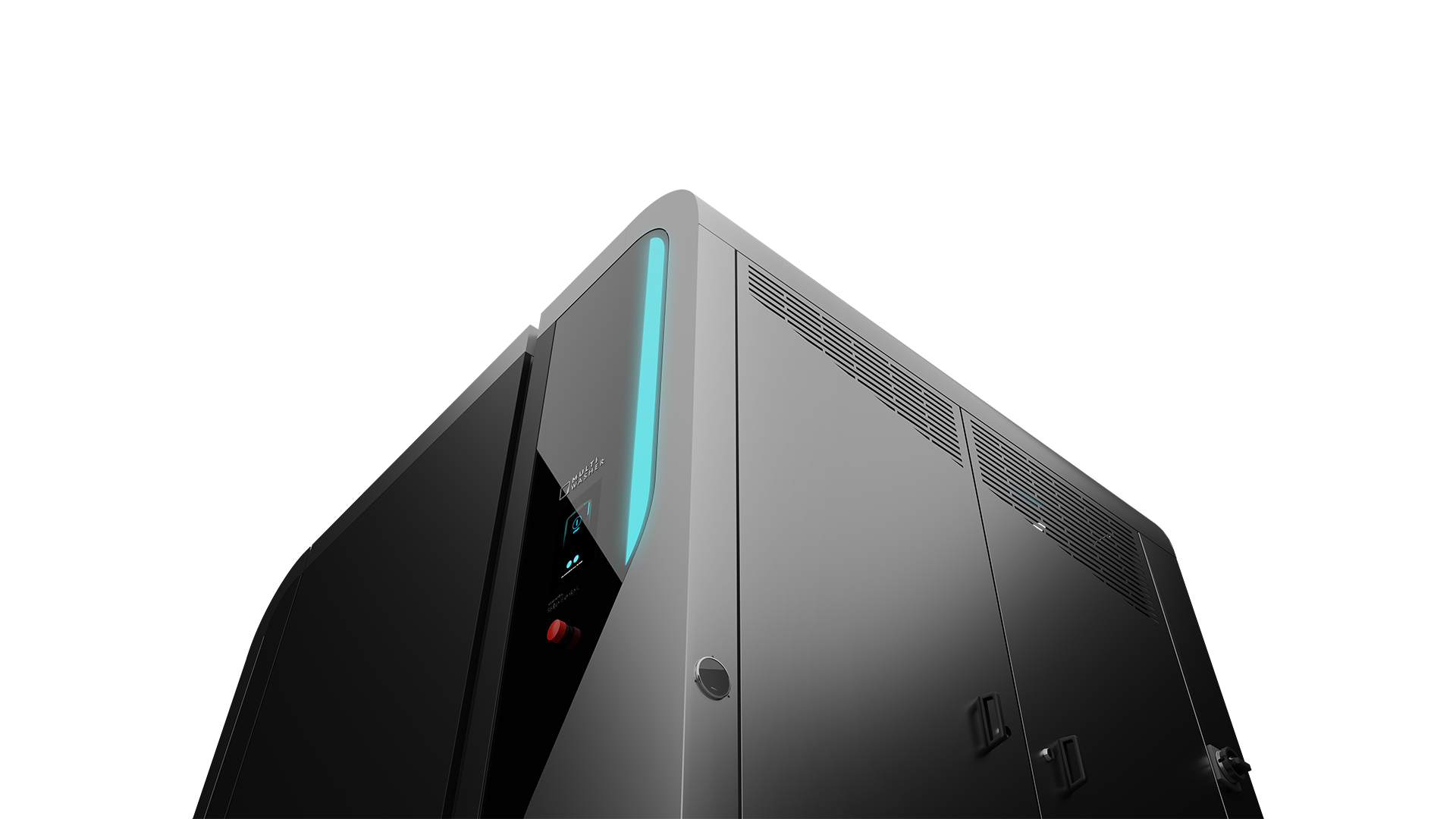
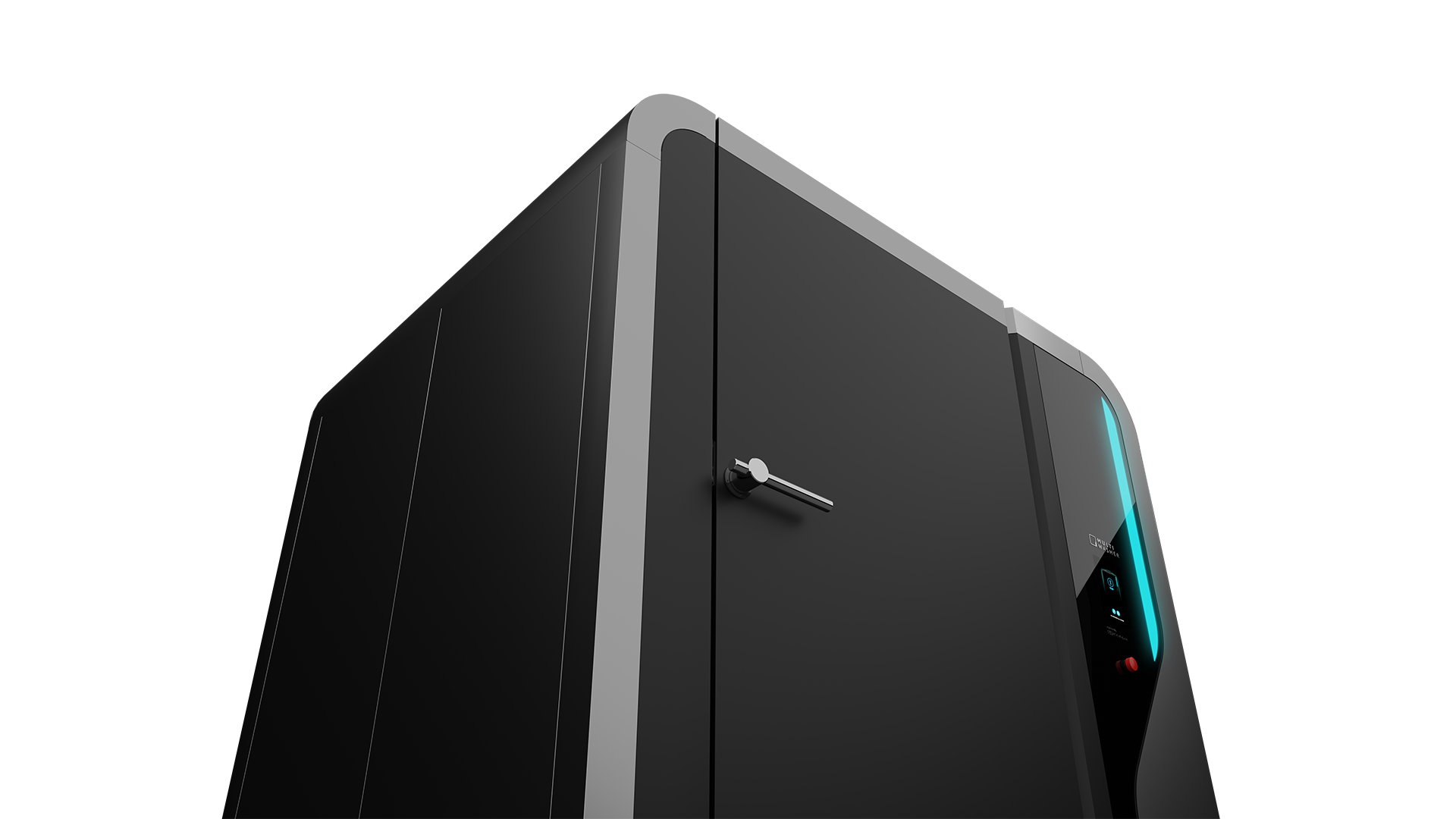
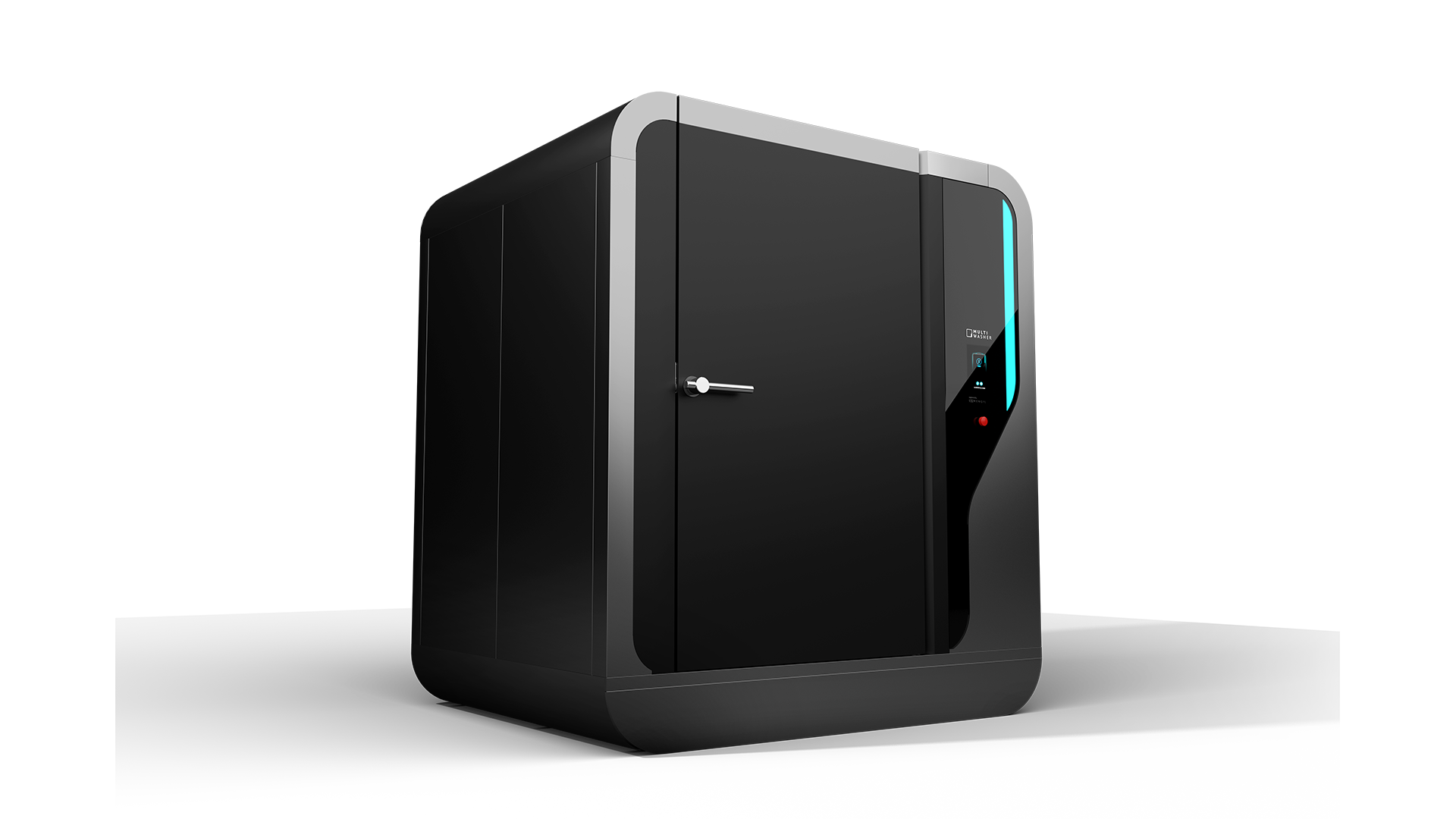
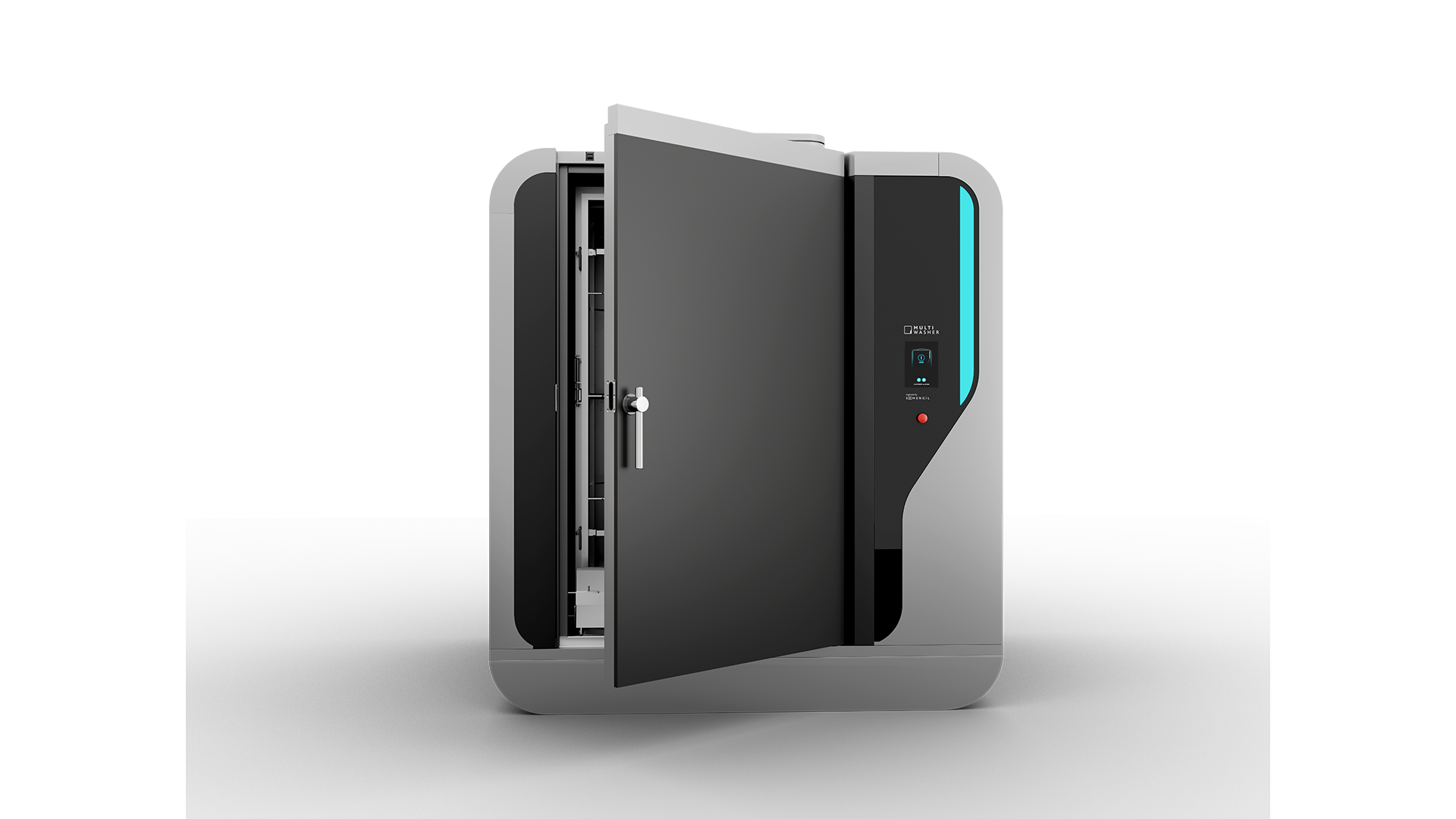
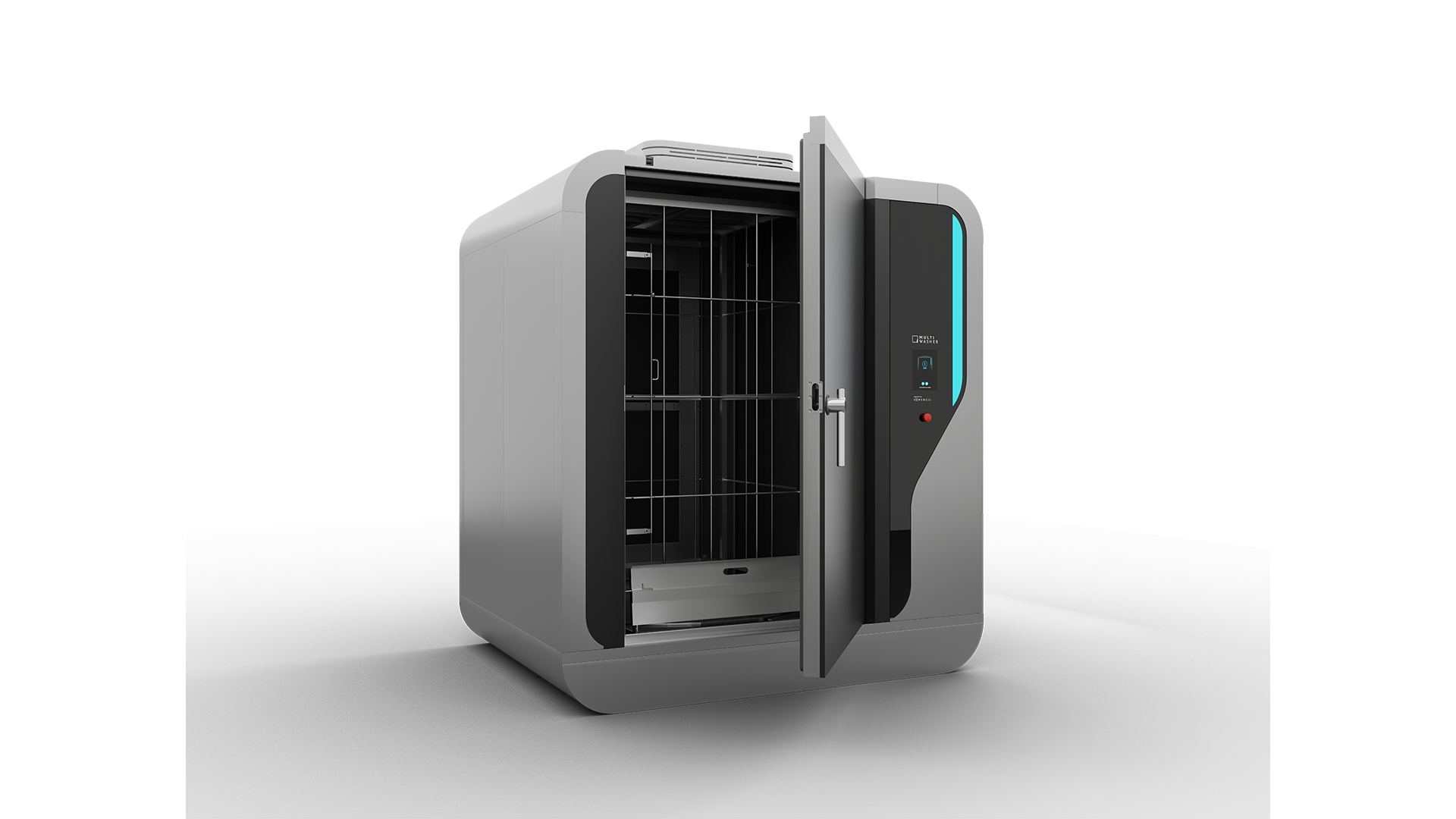
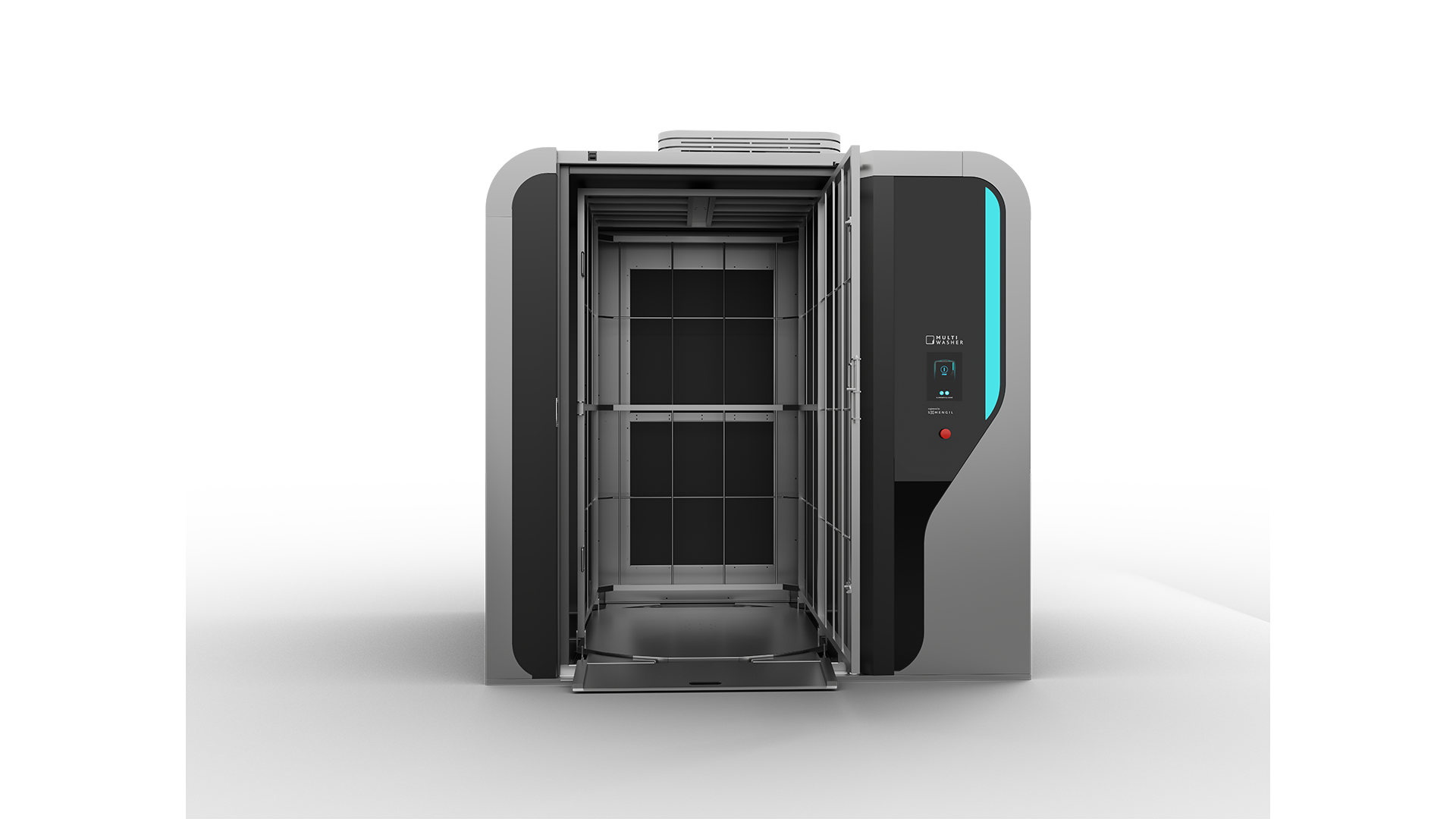
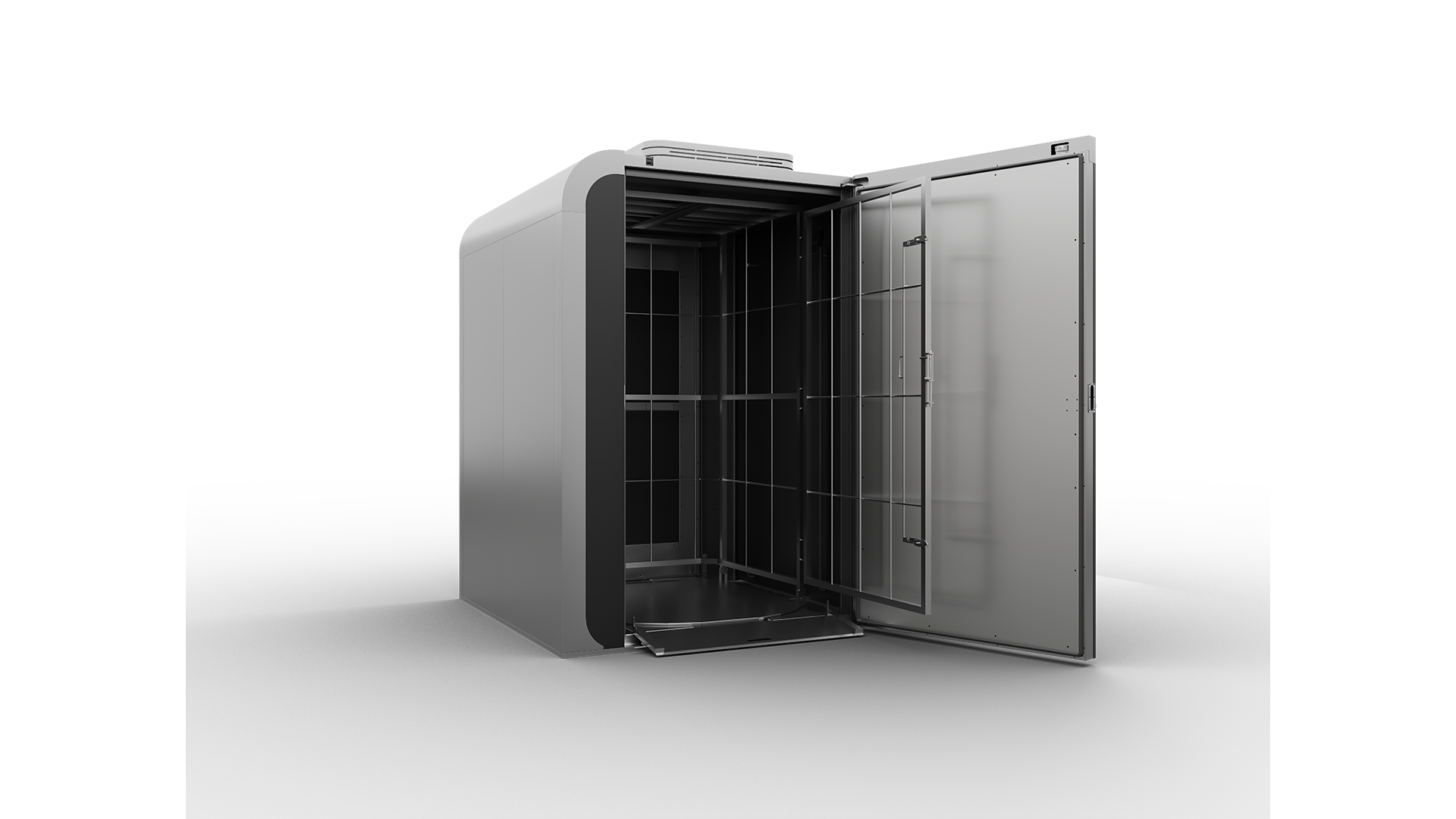
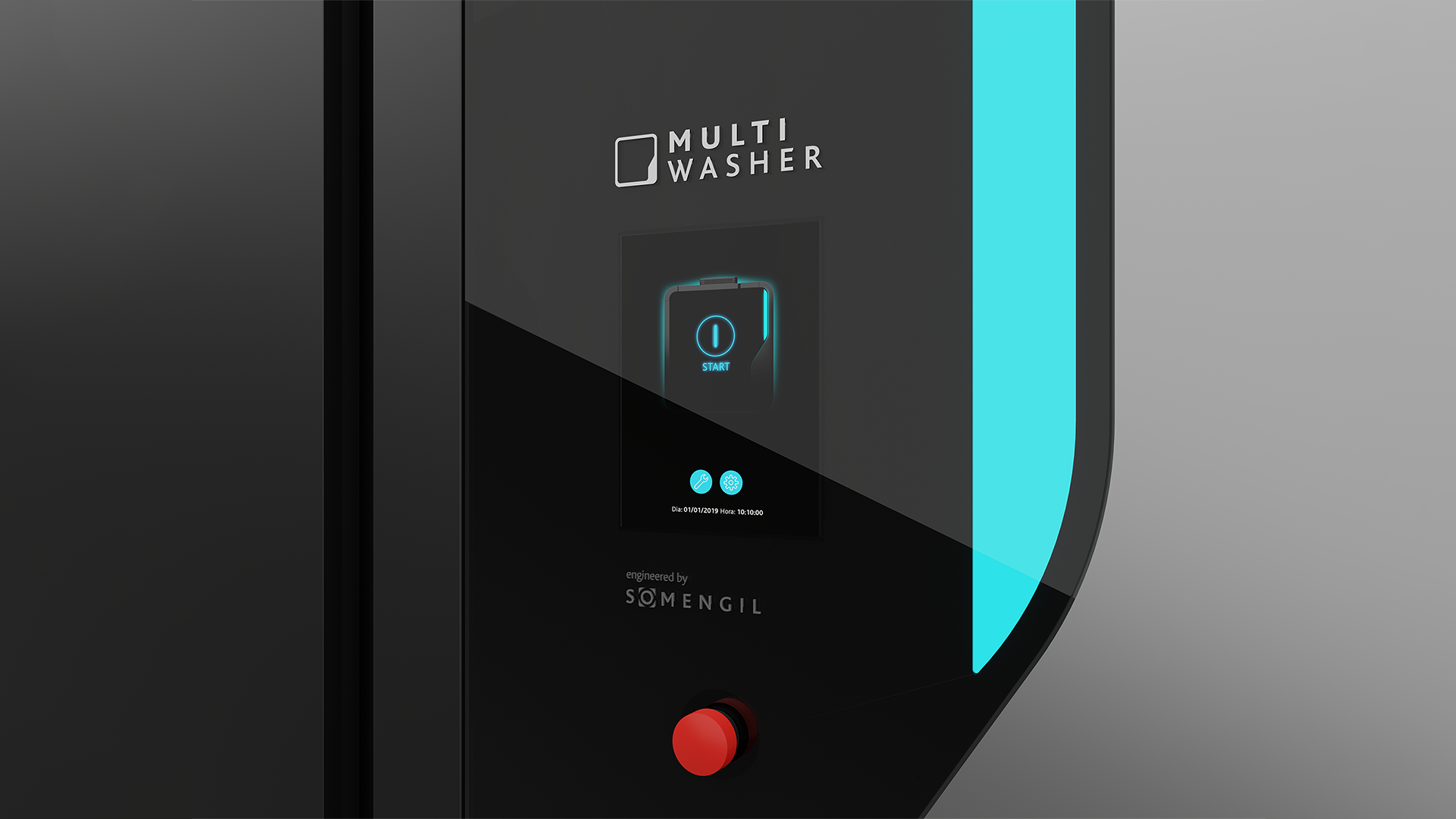
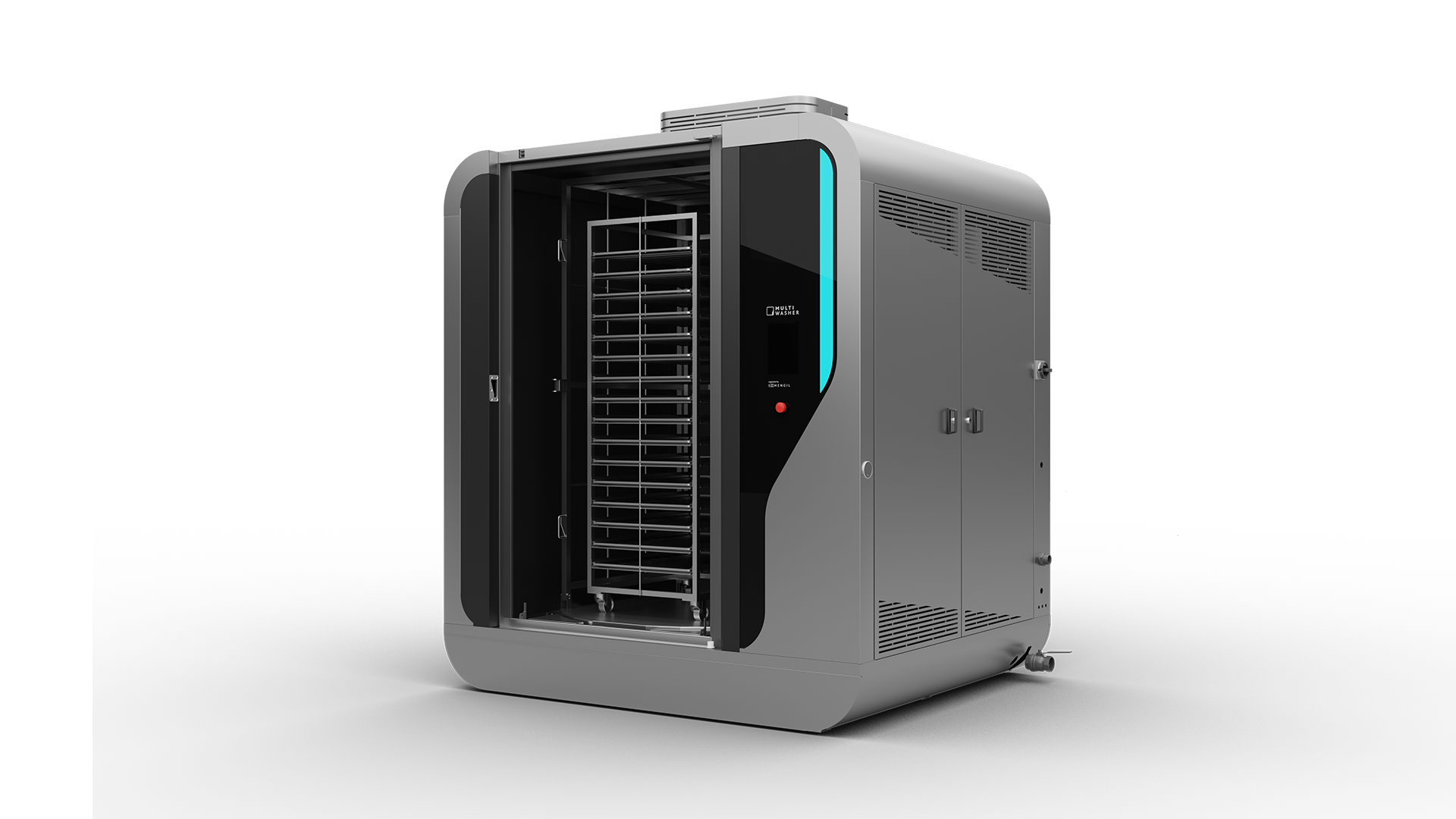
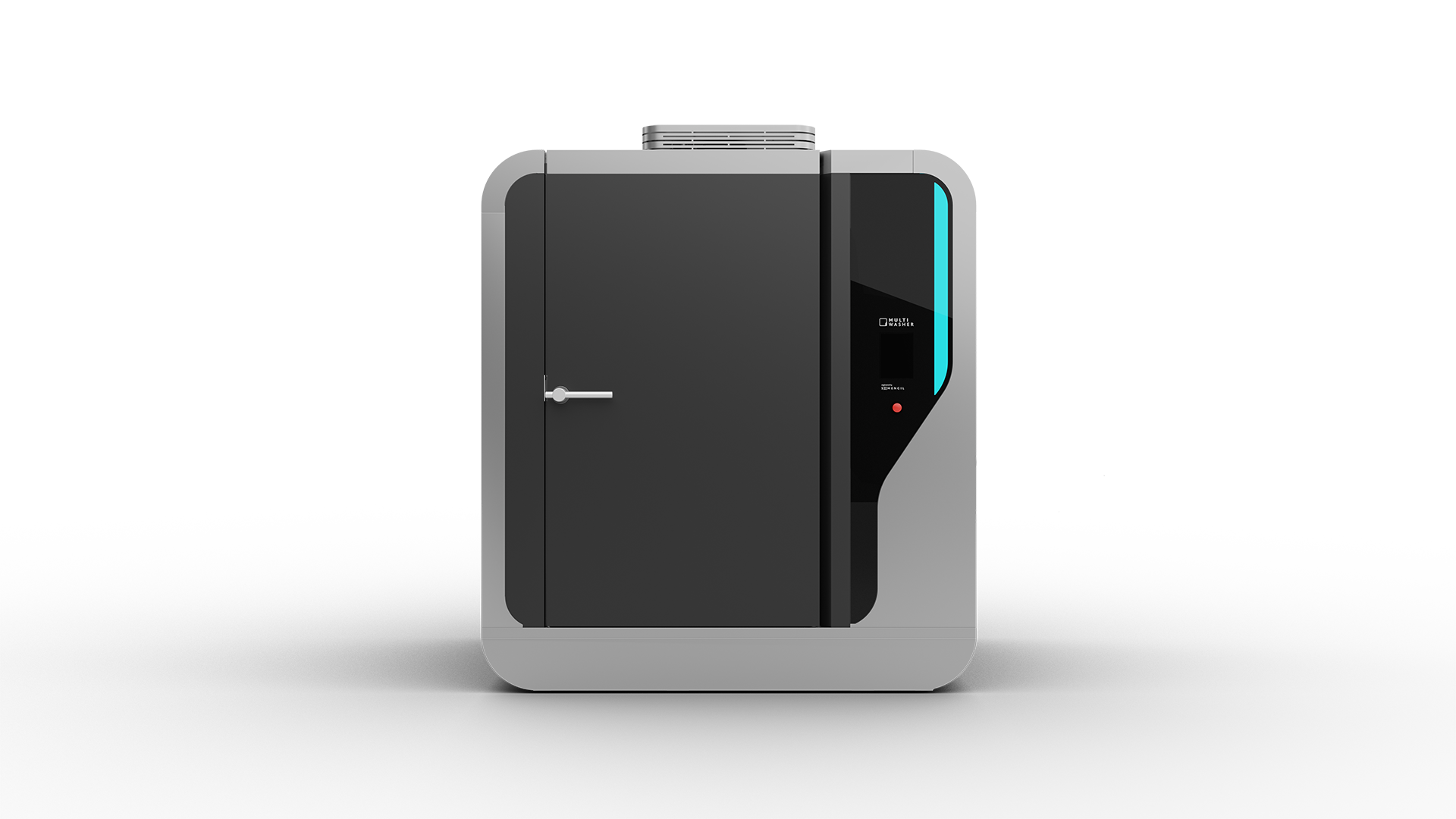


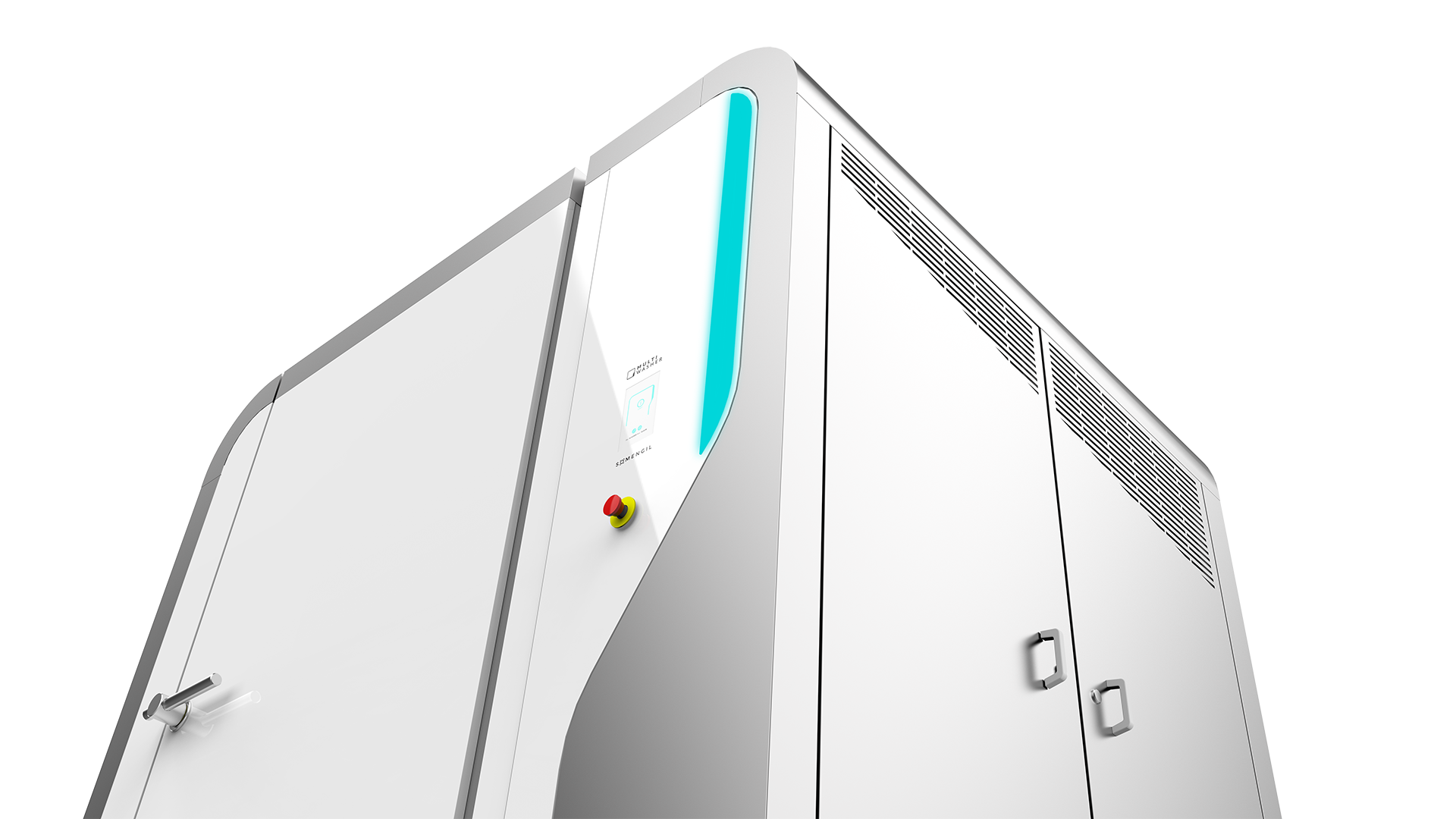
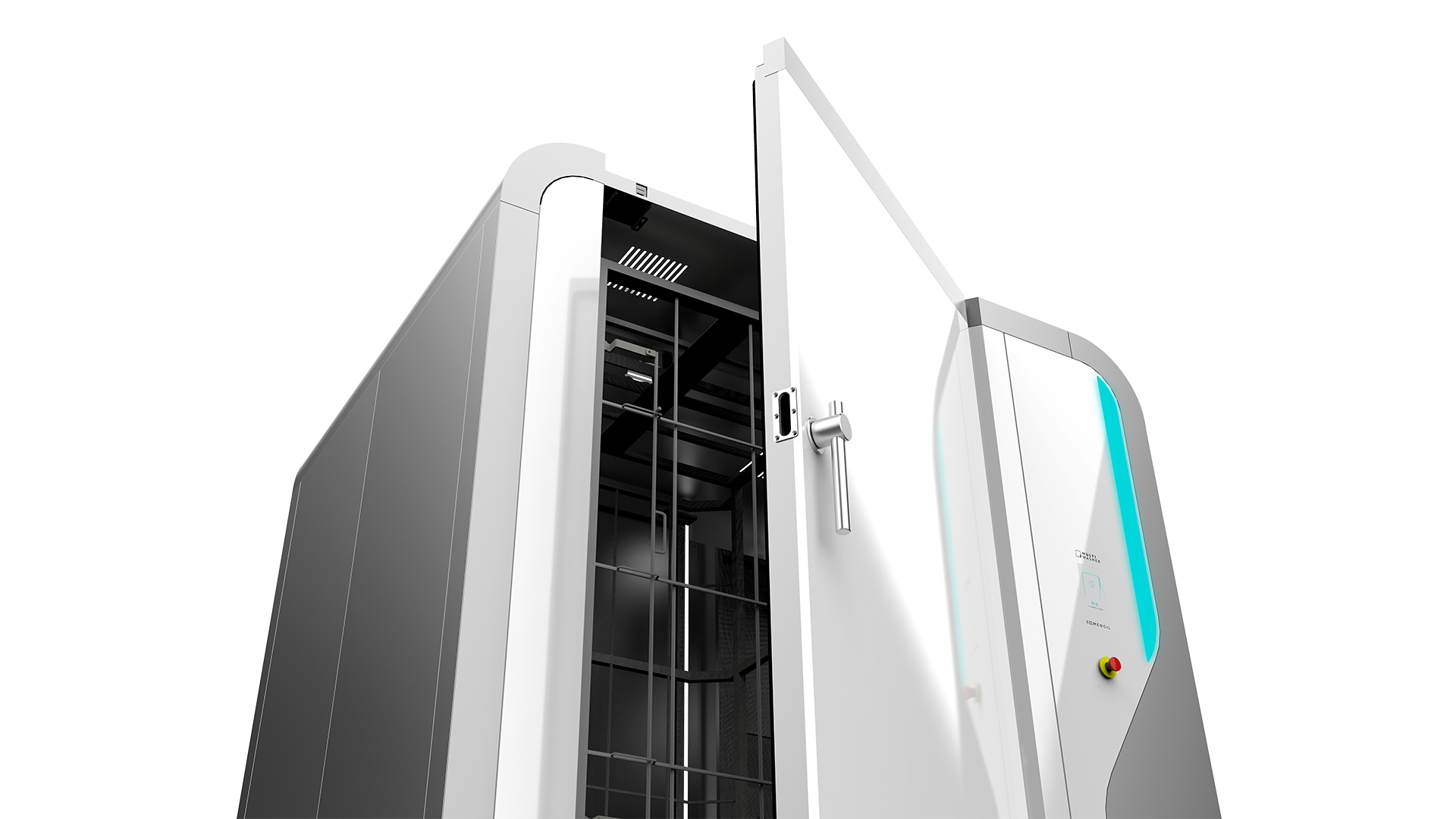
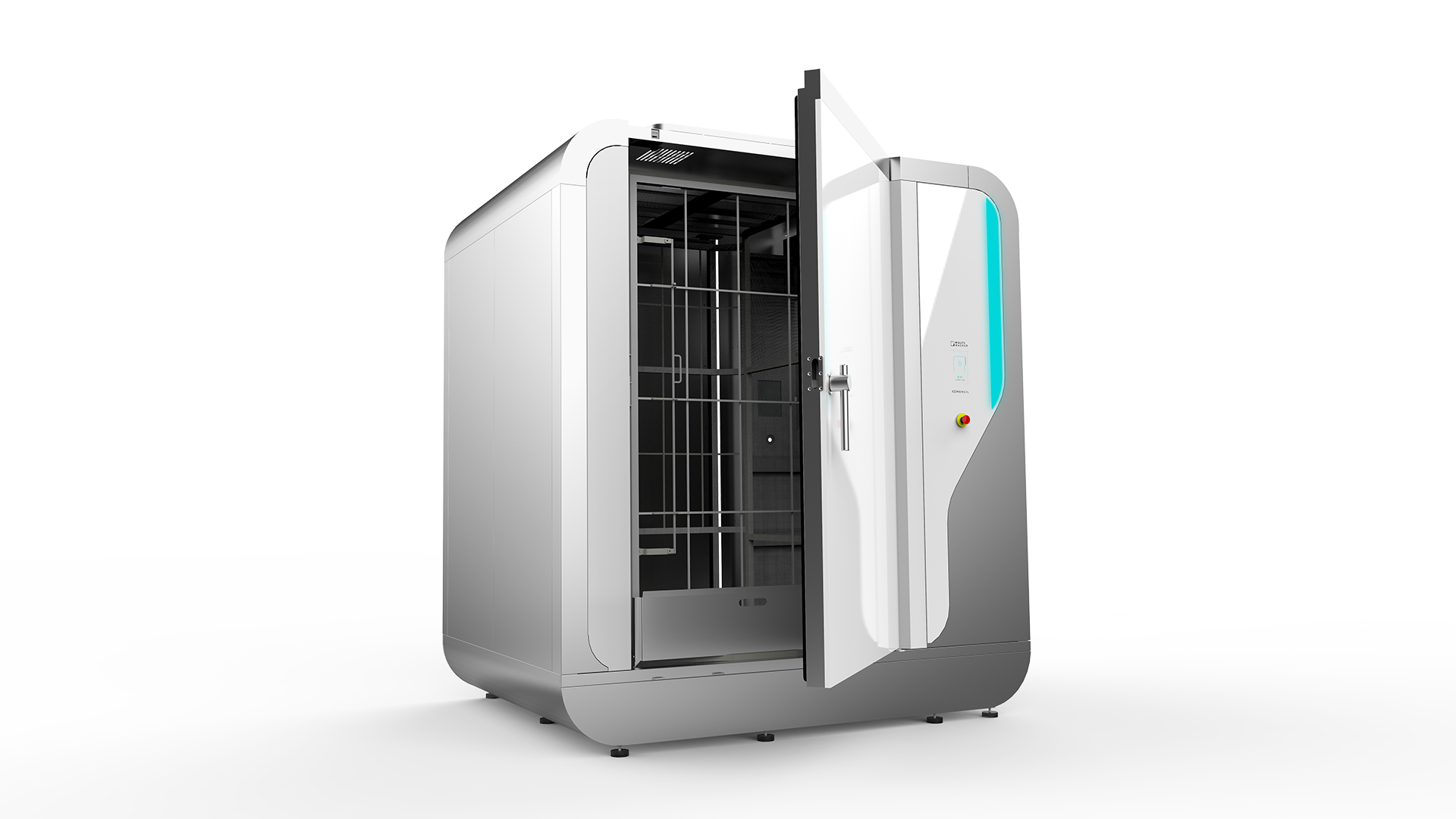
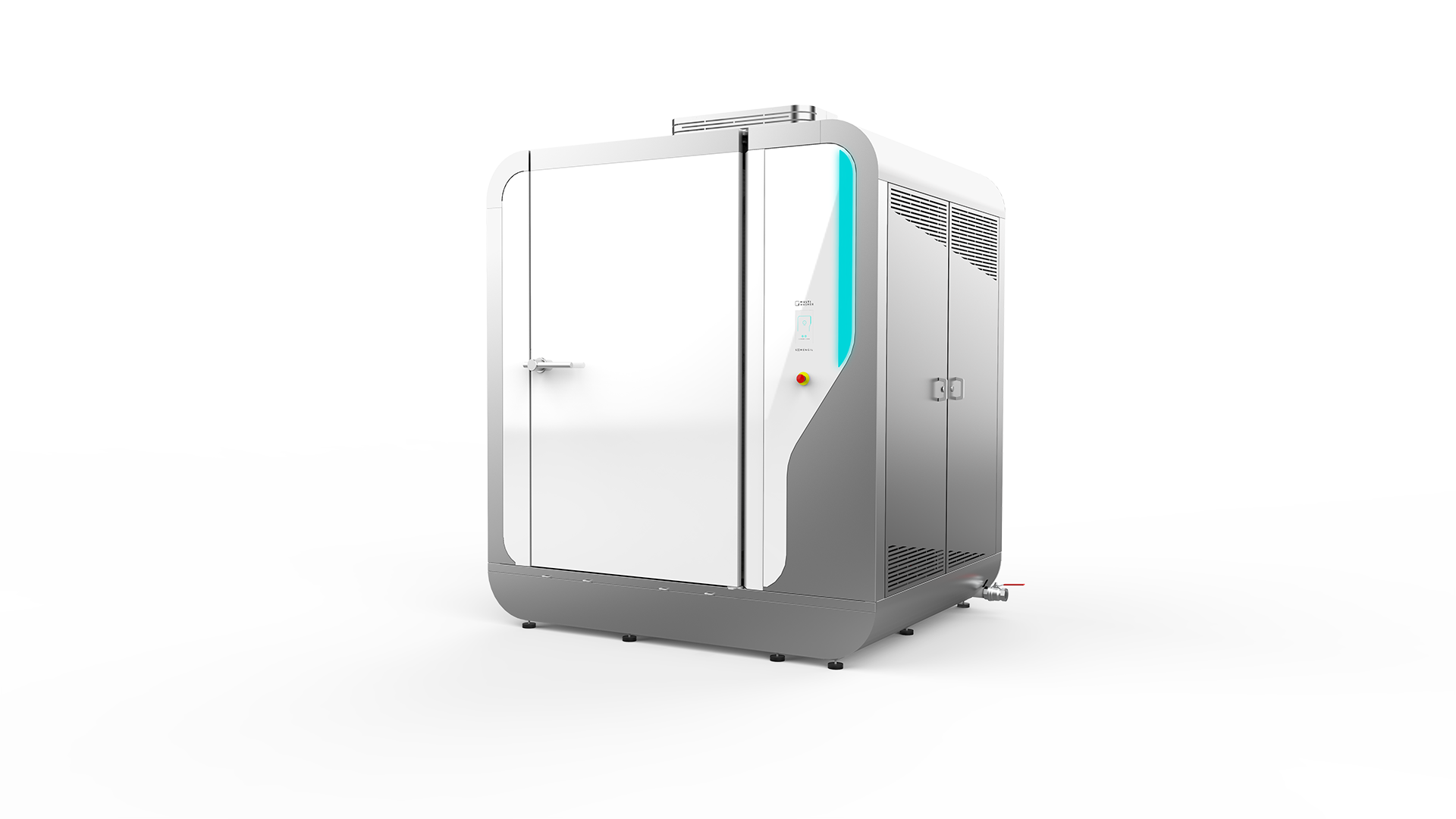
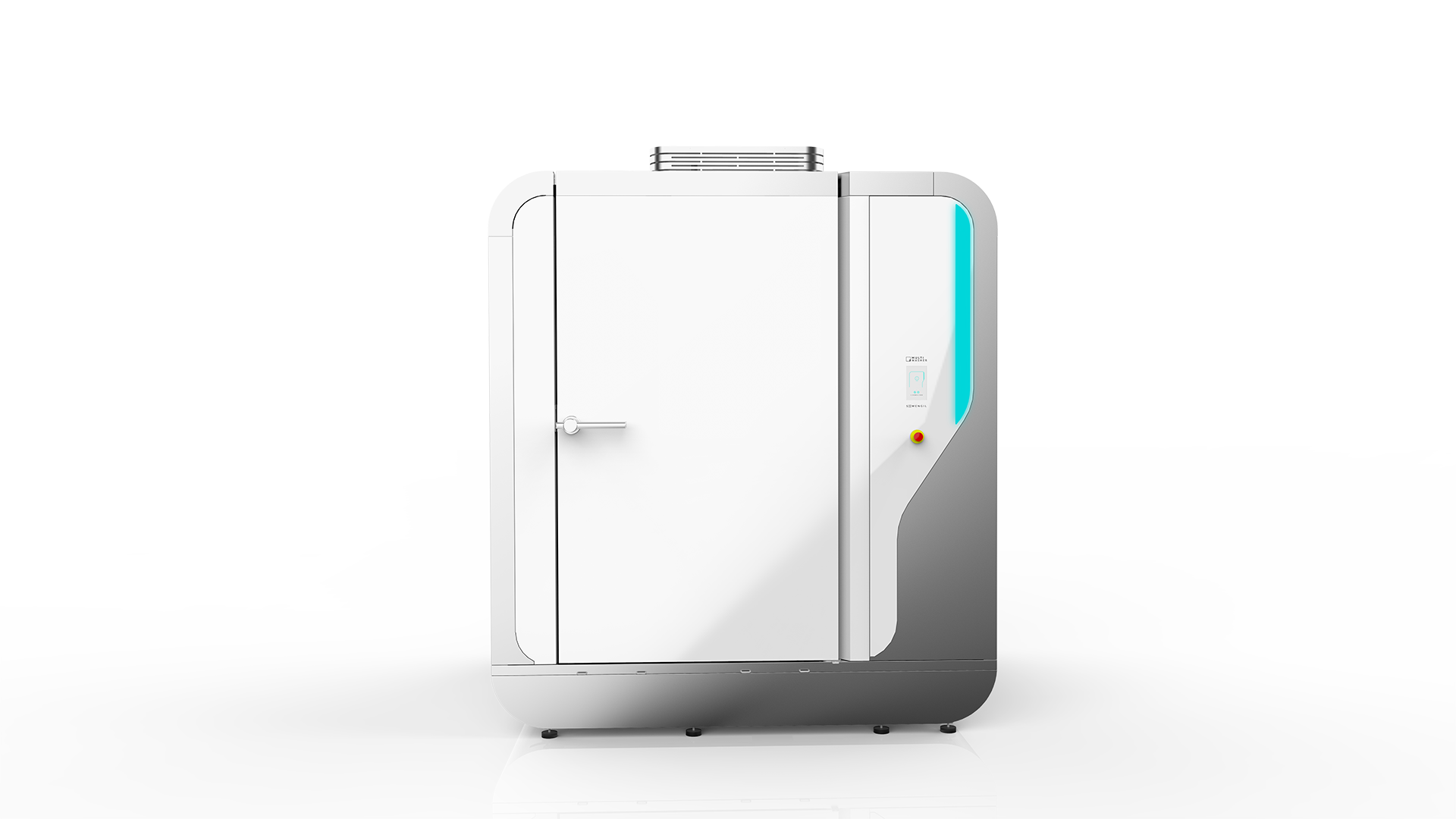
 Portugal
Portugal United Kingdom
United Kingdom United States
United States France
France Spain
Spain Germany
Germany Romania
Romania Italy
Italy Czech Republic
Czech Republic Finland
Finland Hungary
Hungary Slovakia
Slovakia Greece
Greece Lithuania
Lithuania South Korea
South Korea Russia
Russia Saudi Arabia
Saudi Arabia Poland
Poland Brasil
Brasil Hebrew
Hebrew